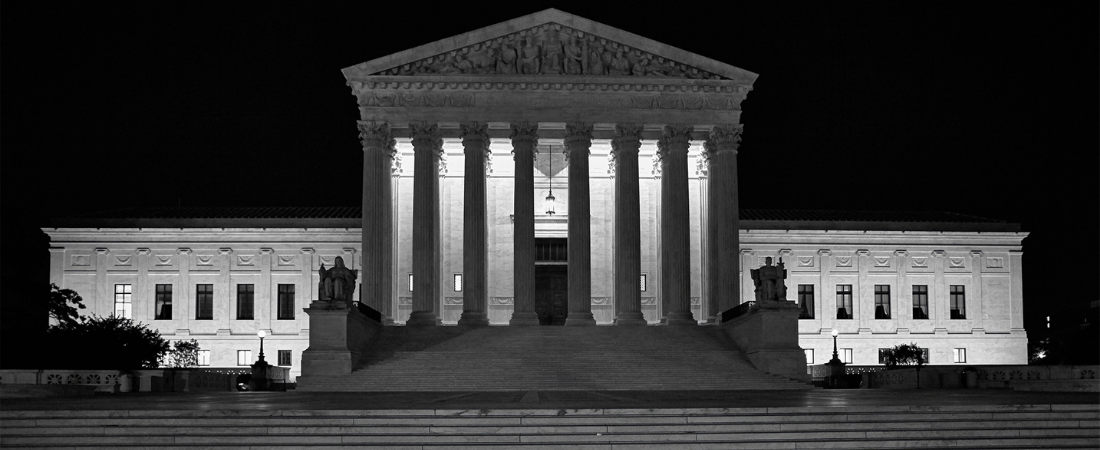To what extent, if any, can a school punish students for online speech that takes place off campus? In a much-awaited decision the Supreme Court ruled 8-1 in Mahanoy Area School District v. B. L that a Pennsylvania public high school violated a student’s First Amendment rights when it suspended her for off-campus speech. While this is a win for student speech rights, the Court held that schools could, in some circumstances, be permitted to regulate students’ speech off campus.
Lower courts have struggled with whether, and to what extent, the so-called “Tinker standard” — i.e., the ability of schools to penalize student speech that threatens to “substantially disrupt” the school — applies to online speech which takes place off campus. In its decision in Mahanoy, the Third Circuit held that Tinker does not apply at all to off-campus speech. NCAC joined several other free speech organizations in arguing that the Supreme Court should adopt that holding.
The case concerned a student who had expressed her disappointment at not making the varsity cheerleading team by posting to Snapchat an image of her and a friend with middle fingers raised and the caption: “Fuck school fuck softball fuck cheer fuck everything.” In response, the school removed her from the junior varsity cheerleading team.
Although the Supreme Court declined to adopt the Third Circuit’s rationale, it made clear that schools must satisfy a much higher standard when they seek to punish off-campus speech than when they seek to punish speech which takes place on campus. In a particularly welcome passage, the Court also explicitly stated that “[w]hen it comes to political or religious speech that occurs outside school or a school program or activity, the school will have a heavy burden to justify intervention.”
Perhaps most importantly, the Court stated not just that students have a right to express unpopular views, but also implied that schools have an affirmative duty to protect unpopular speech:
Third, the school itself has an interest in protecting a student’s unpopular expression, especially when the expression takes place off campus. America’s public schools are the nurseries of democracy. Our representative democracy only works if we protect the “marketplace of ideas.” This free exchange facilitates an informed public opinion, which, when transmitted to lawmakers, helps produce laws that reflect the People’s will. That protection must include the protection of unpopular ideas, for popular ideas have less need for protection. Thus, schools have a strong interest in ensuring that future generations understand the workings in practice of the well-known aphorism, “I disapprove of what you say, but I will defend to the death your right to say it.”
That language is clearly not limited to off-campus speech, and hopefully will serve as a corrective to the tendency of school officials to silence students who voice views seen as potentially controversial.
The growth of digital communication has complicated the definitions of on- and off-campus speech. The Court did not weigh in on those definitions. It specified, however, that certain off-campus speech may call for regulation, listing “serious or severe bullying or harassment targeting particular individuals; threats aimed at teachers or other students; the failure to follow rules concerning lessons, the writing of papers, the use of computers, or participation in other online school activities; and breaches of school security devices, including material maintained within school computers.” However a large range of student online speech is not included in the list and may still affect campuses.
The Court delivered a victory for students’ First Amendment rights, but left some of the thorniest issues of off-campus speech to be determined by future cases.


